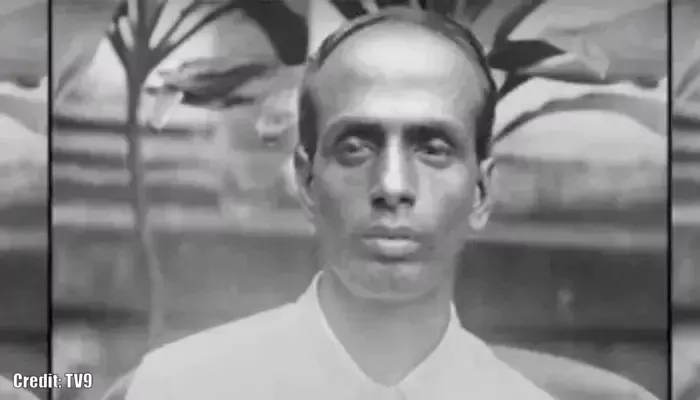
How Surya Sen, a humble teacher from Bengal, led one of India’s most daring uprisings against colonial rule
Chittagong, now in Bangladesh, was once a jewel in the British Raj's eastern crown. Perched on the banks of the Karnaphuli River, it was a city teeming with oil companies, shipping agencies, tea merchants, and colonial officials. Yet, behind the seemingly orderly surface of this city, something quietly brewed — within the heart and mind of a schoolteacher.
Surya Sen was not your typical rebel. Born in 1894 in a modest village called Noapara, young Surya was raised by a teacher father, surrounded by books, ideals, and a strong sense of duty. As a student in Chittagong, he was drawn into the whispers of nationalism that drifted through the corridors of his school. He soon joined the Anushilan Samiti, a clandestine society of revolutionaries in Bengal, and that step changed his life forever.
By the late 1920s, Surya Sen had become 'Masterda' to dozens of students—not just because of his profession but also because of the way he shaped minds and mentored rebels. As he stood before a blackboard teaching history, he imparted lessons about freedom, dignity, and sacrifice.
To resist the British, Masterda didn't rely on a slogan — he devised a strategy. His plan was bold, military-style, and remarkably precise: to seize control of Chittagong.
The goal was to capture the twin armouries, sever all British communication lines, and initiate an armed uprising to isolate the city. Without reinforcements, telegraphs, or trains — the colonial backbone of Chittagong would be broken.
Together with trusted comrades like Ganesh Ghosh, Lokenath Bal, Anant Singh, Pritilata Waddedar, Kalpana Dutta, Surya Sen trained dozens of young men and women. They weren't seasoned soldiers—many had barely finished school—but their loyalty to Masterda and to the dream of freedom turned them into a determined fighting force.
The uprising was planned for the night of 18 April 1930. The timing was deliberate. It was Good Friday when British officers might be off duty, perhaps relaxing at the Pahartali European Club — a place infamous for its sign: "Dogs and Indians not allowed."

As most of Chittagong slept that evening, Masterda's team divided into units and moved stealthily. At one end, the twin armouries were raided — rifles were taken, ammunition stolen. Another group attacked the telegraph and telephone offices, smashing all equipment and plunging the city into a communication blackout.
Rail tracks were uprooted along the line, telephone poles felled, and roads sabotaged. Every step had been rehearsed under Surya Sen's watchful eye.
It was not just an attack — it was choreography.
By dawn, the city was cut off from the outside world. The Union Jack still flew above the buildings, but the ground beneath was no longer theirs.
But the British struck back quickly. Reinforcements arrived. Surya Sen and his comrades retreated into the rugged terrain of the Jalalabad hills, seeking cover.
On 22 April, British forces launched a counter-offensive. A fierce battle ensued. Many young rebels — barely teenagers — were killed. Tegra, the younger brother of Lokenath Bal, was among those who fell. Binod Bihari Chowdhury, another teenage fighter, was shot in the throat and nearly ended his own life.
Surya Sen, always the leader, didn't abandon his students. He stayed, fought, and led. But he knew the mountains could not shelter them forever.
On 17 February 1933, Surya Sen was betrayed by a fellow Indian, Netra Sen. After months of hiding and torture, British police finally captured Masterda. In prison, he was brutally beaten, with his teeth broken and limbs crushed.
Still, he refused to yield. His execution took place in the dead of night, with him being hanged quietly and without ceremony. Perhaps the authorities feared he might spark another uprising, even in death.